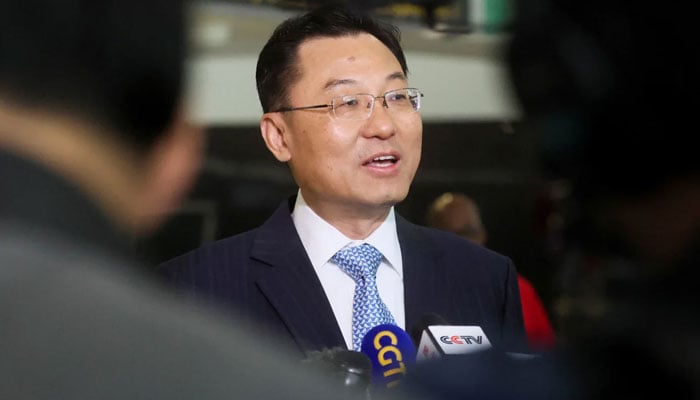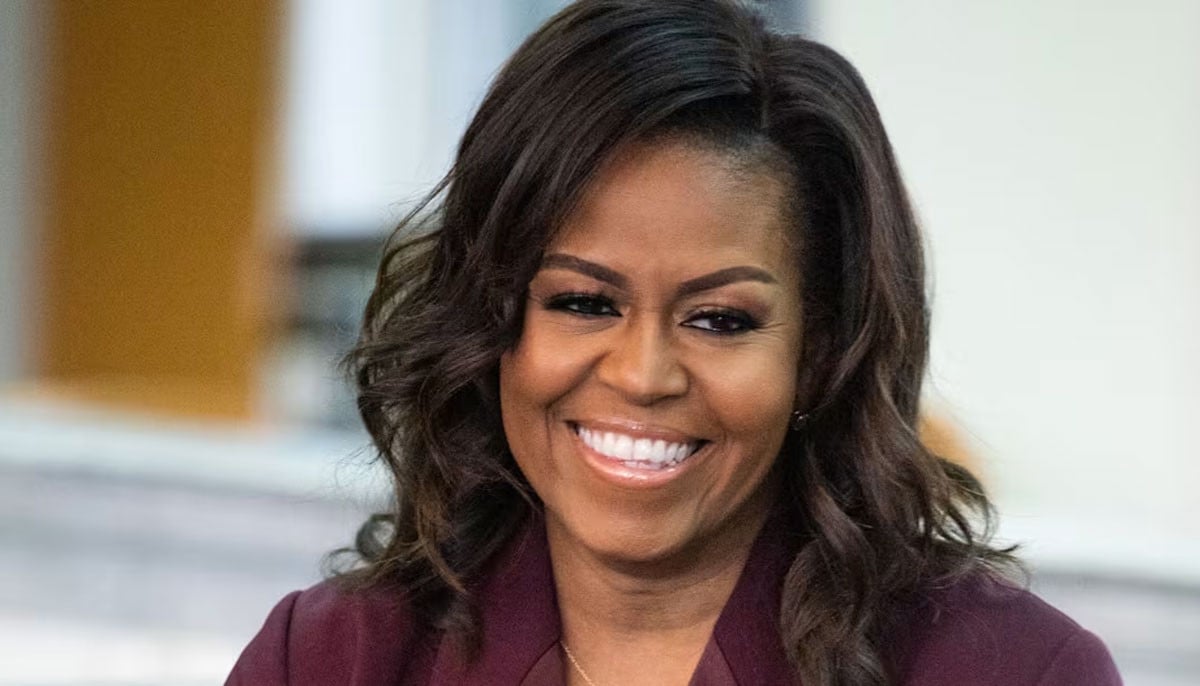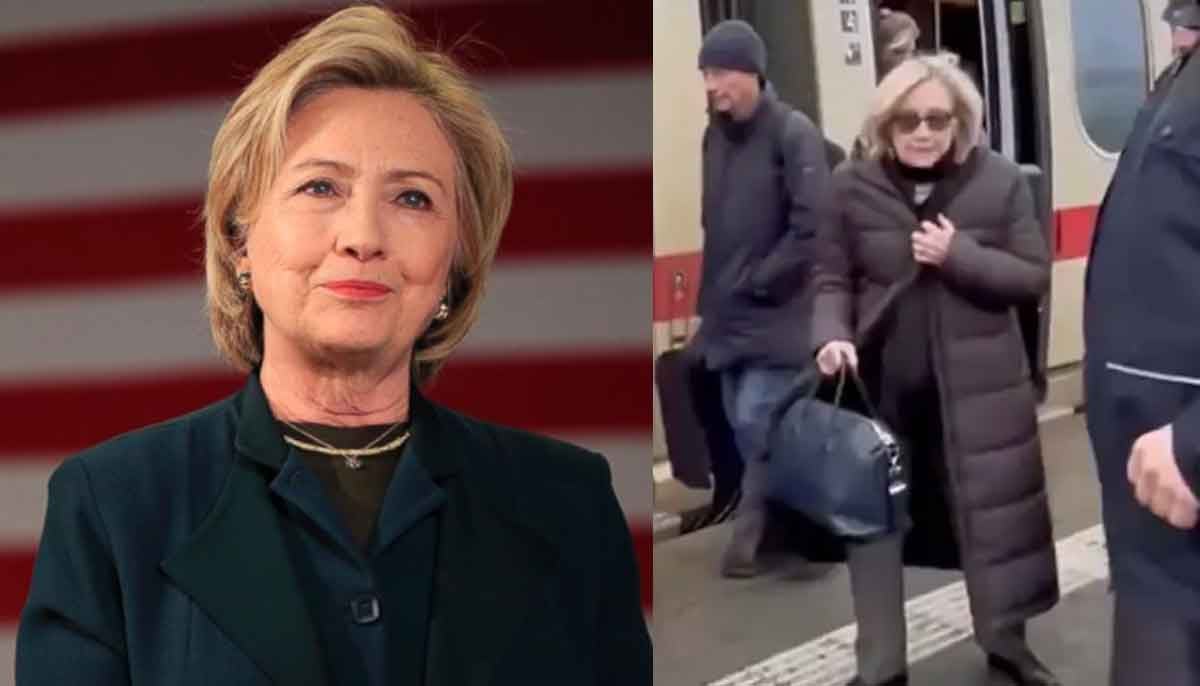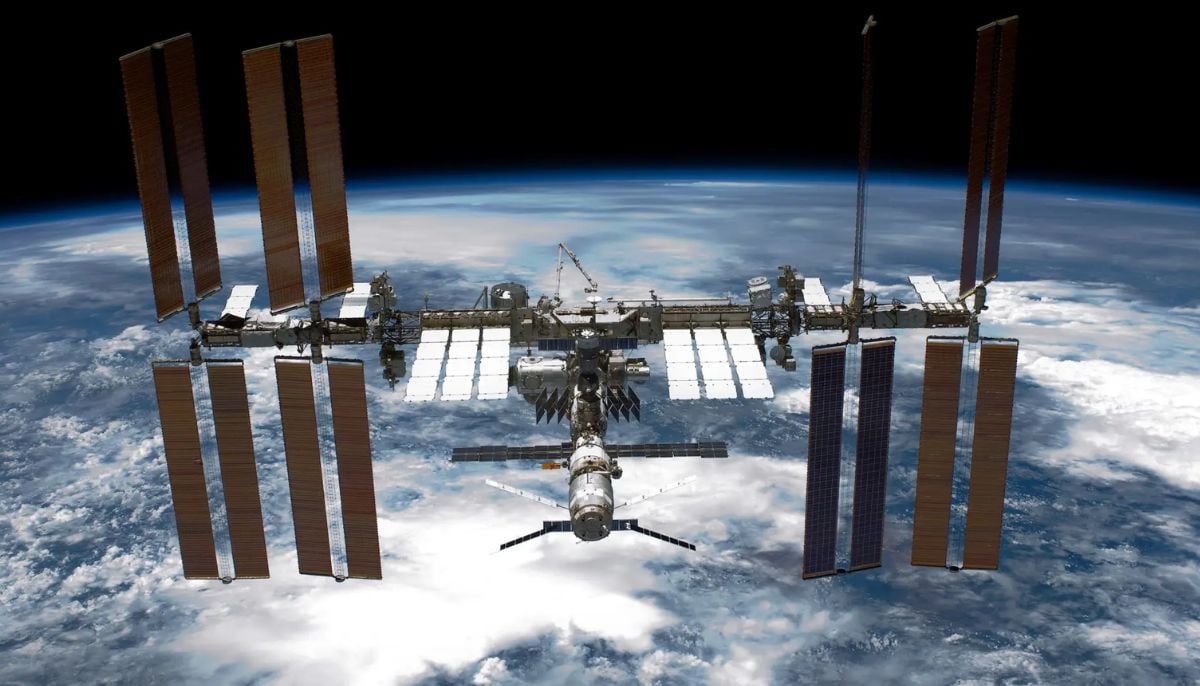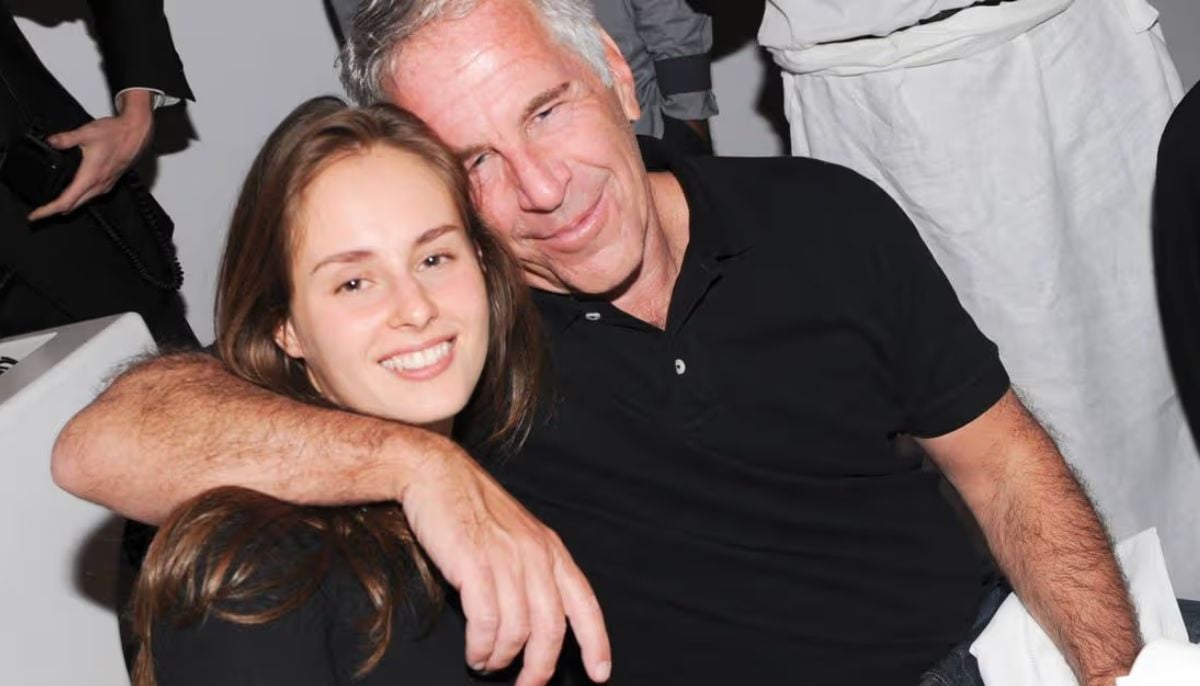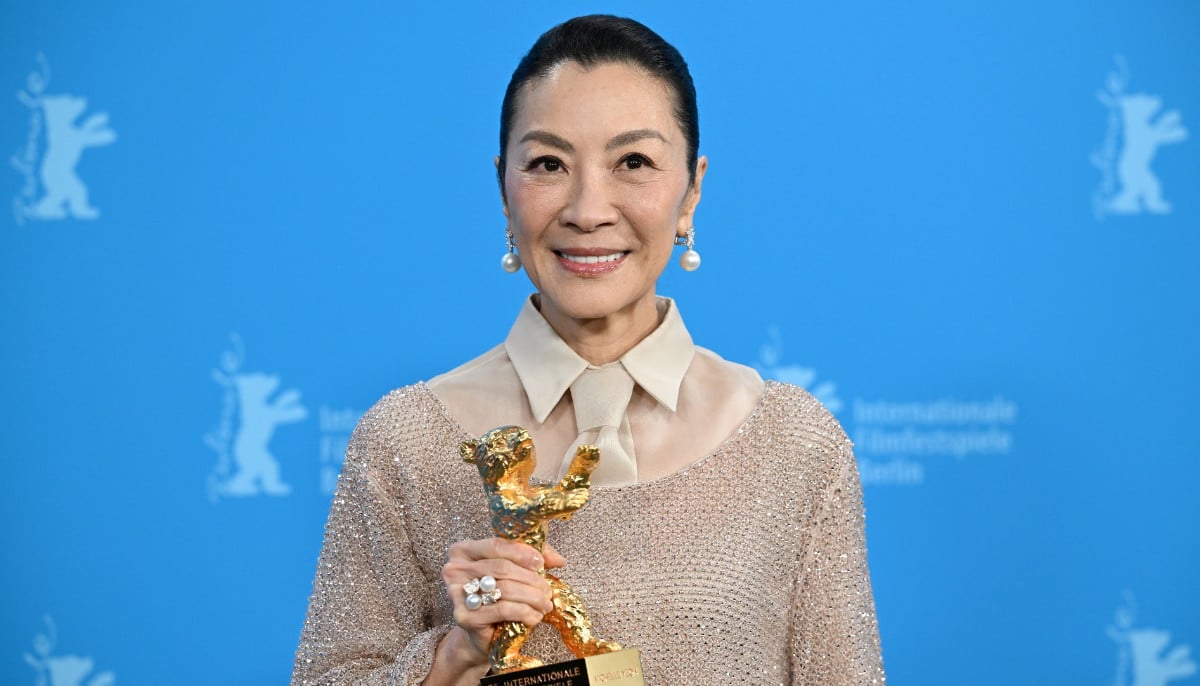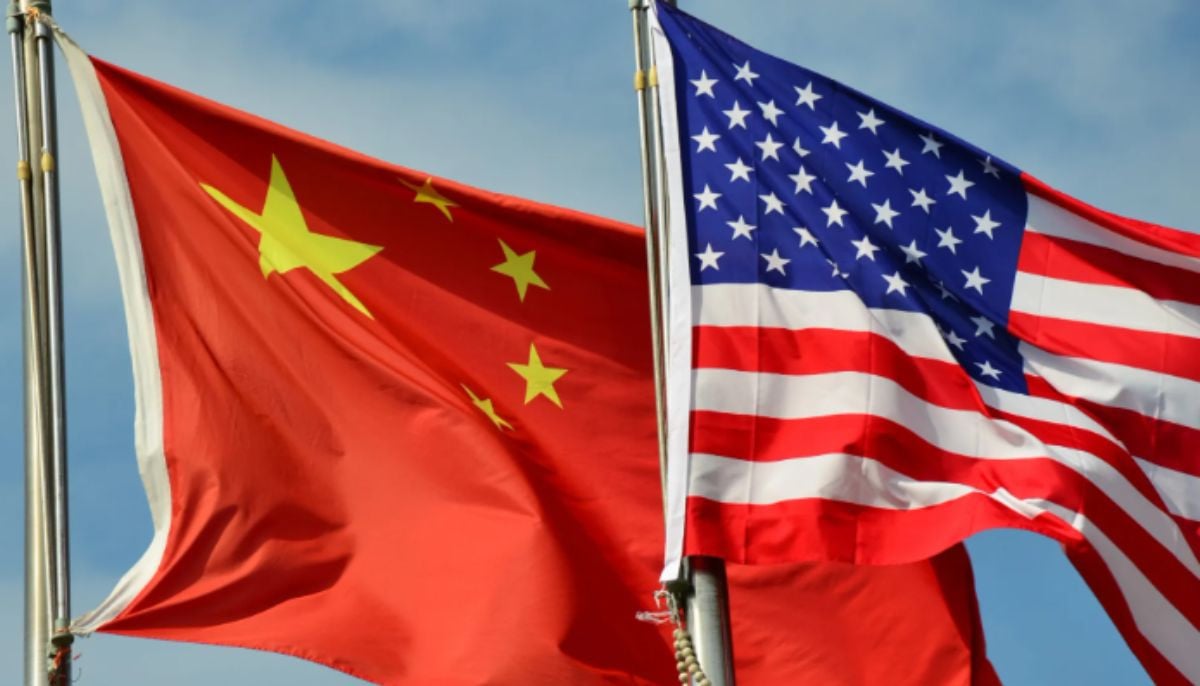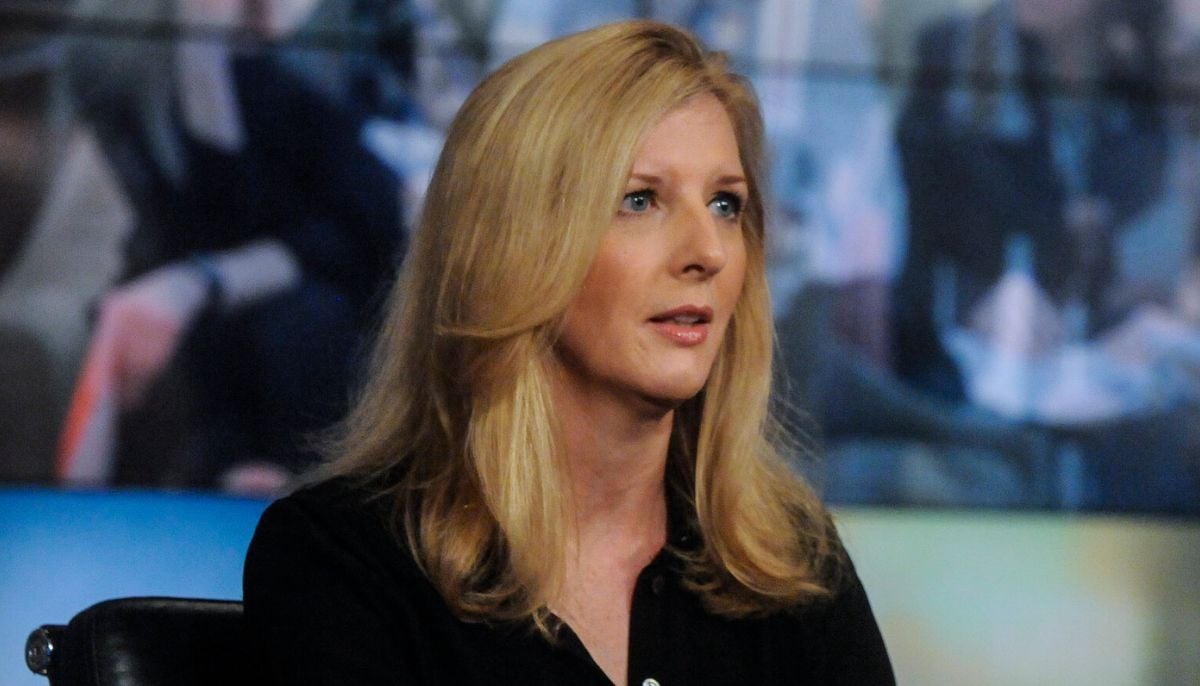China's ambassador holds rare meeting at Pentagon for security talks
Ambassador Xie Feng's Pentagon visit is considered unusual and indicates potential shift in China's approach towards addressing US concerns
In a significant development reflecting the evolving dynamics between the United States and China, China's ambassador to the US made a rare visit to the Pentagon for security-related talks.
The meeting between Chinese Ambassador Xie Feng and Ely Ratner, a US assistant secretary of defense, focused on defence relations and addressed a range of international and regional security issues. The discussions, lasting about 90 minutes, highlighted the importance of maintaining open lines of military-to-military communication between the two countries.
The visit by Ambassador Xie Feng to the Pentagon is considered unusual and indicates a potential shift in China's approach towards addressing US concerns. Yun Sun, director of the China programme at the Stimson Center, noted that while the meeting suggests a response from China, actual progress will require time and negotiations.
This comes as US-China relations remain strained due to national security issues, such as Taiwan, export bans on advanced technologies, and China's state-led industrial policies.
Efforts to repair ties between the two largest economies have been underway, including recent visits by US Treasury Secretary Janet Yellen, climate envoy John Kerry, and Secretary of State Antony Blinken. However, Beijing had previously declined US Defense Secretary Lloyd Austin's proposal for an in-depth meeting with his Chinese counterpart, leading to a stagnation in military communications.
Colin Kahl, the Pentagon's top policy adviser, highlighted China's reluctance to engage in crisis communications and management with the US, saying that Beijing has repeatedly pushed them away. He also mentioned China's concerns that the US might exploit crisis management channels to provoke more crises. While China has cited US sanctions as an obstacle to military dialogue, Kahl stressed that the issue of sanctions on Chinese Defence Minister Li Shangfu needs to be addressed for progress to be made.
In the context of these developments, the visit by Ambassador Xie Feng takes on added significance. Sun suggested that a meeting between Defense Secretary Austin and Minister Li could pave the way for the resumption of working-level military-to-military talks. However, it is uncertain whether China will accept such a meeting until the issue of sanctions on Li is resolved.
The rare Pentagon visit by China's ambassador underscores the delicate nature of the US-China relationship and the need for constructive dialogue on crucial security issues. As both nations navigate their differences, the outcome of these talks could hold significant implications for future bilateral relations and regional stability.
-
Hailey Bieber reveals KEY to balancing motherhood with career
-
Hillary Clinton's Munich train video sparks conspiracy theories
-
Woman jailed over false 'crime in space' claim against NASA astronaut
-
Columbia university sacks staff over Epstein partner's ‘backdoor’ admission
-
Ohio daycare worker 'stole $150k in payroll scam', nearly bankrupting nursery
-
Michelle Yeoh gets honest about 'struggle' of Asian representation in Hollywood
-
US, China held anti-narcotics, intelligence meeting: State media reports
-
Goldman Sachs’ top lawyer resigns over Epstein connections
